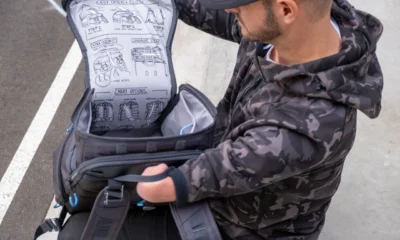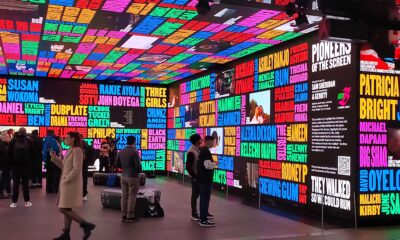Entertainment
The Traitors, Body Language and Disability
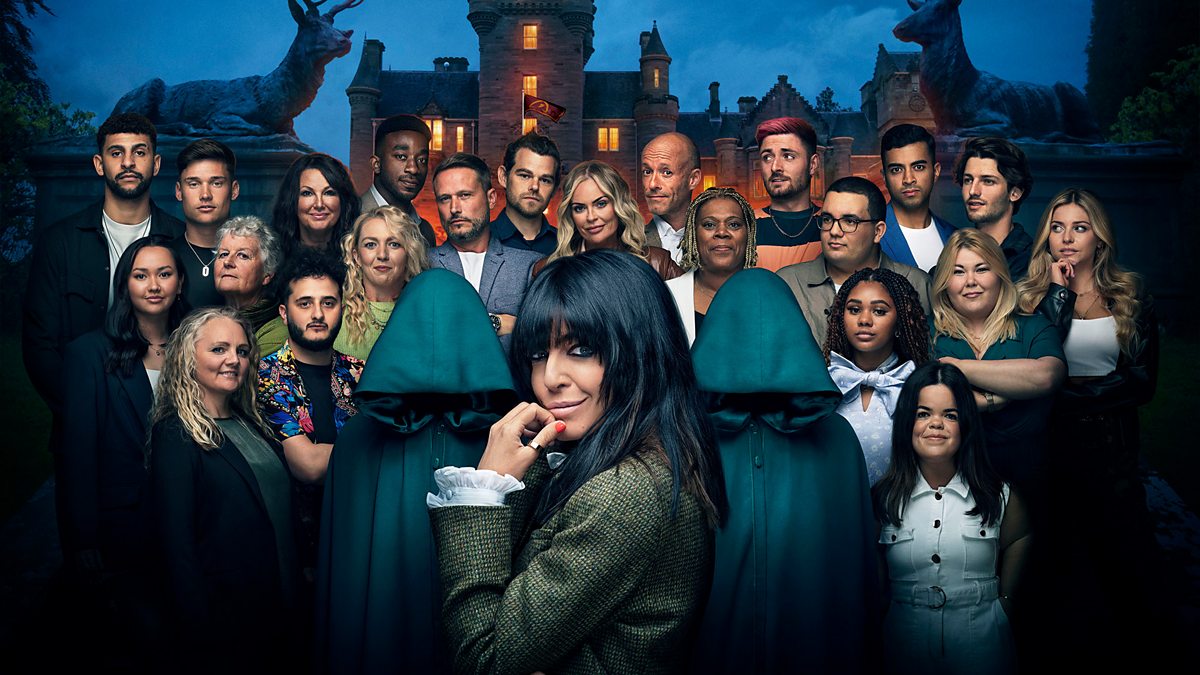
Adapted from the Dutch programme De Verraders, which first aired in 2021, The Traitors capitalises on the uncertainty of our age
The BBC’s new game show, The Traitors, casts members of the public in the role of Witchfinder General, but before exposing the trio of traitors, the show first exposes the unconscious biases that inform the pop culture understanding of the liar’s ‘tell.’
Adapted from the Dutch programme De Verraders, which first aired in 2021, The Traitors capitalises on the uncertainty of our age. It draws on the popularity of social deduction games like Among Us, which became ubiquitous over lockdown, or perennial childhood classics like Werewolf or Wink Murder.
It is, of course, inherently thrilling to have a licence to break the social contract, and vastly entertaining for an audience to revel in the dramatic irony of players vouching for the scrupulous honesty of someone we know is lying through their teeth. The same device is frequently employed by Shakespeare; when Iago turns to the audience and asks: ‘And what’s he then that says I play the villain?’, we feel the same malicious twist of pleasure as watching Alyssa, a 21-year-old business student, smirk into a camera after convincing her compatriots to suspect anyone but her. However, enjoyable though it may be, The Traitors inadvertently showcases the fatal flaw in trying to ‘read’ strangers for signs of duplicity.
The show’s format requires a vote to be cast every episode to exile a traitor. But, because the team challenges are genuinely cooperative regardless of traitor status, the only deductive reasoning in play comes from downtime conversations and, crucially, analysis of body language. The usual ‘tells’ – being fidgety, not making eye contact, being either too boisterous or too reserved – are all brought up in The Traitors, but it is not recognised that these can also be caused by nerves from being on camera, or that they are common symptoms of neurodivergence.
It is astonishing how frequently disability is painted as untrustworthiness in this programme. Nicky, the first contestant to be voted out, is accused of treachery because she didn’t raise her glass in a toast. She didn’t raise the glass in question because it was to her right, and her right hand has been amputated. An episode later, Aaron is put under suspicion for asking a lot of questions and is not believed when he explains that this is a trait of his ADHD.
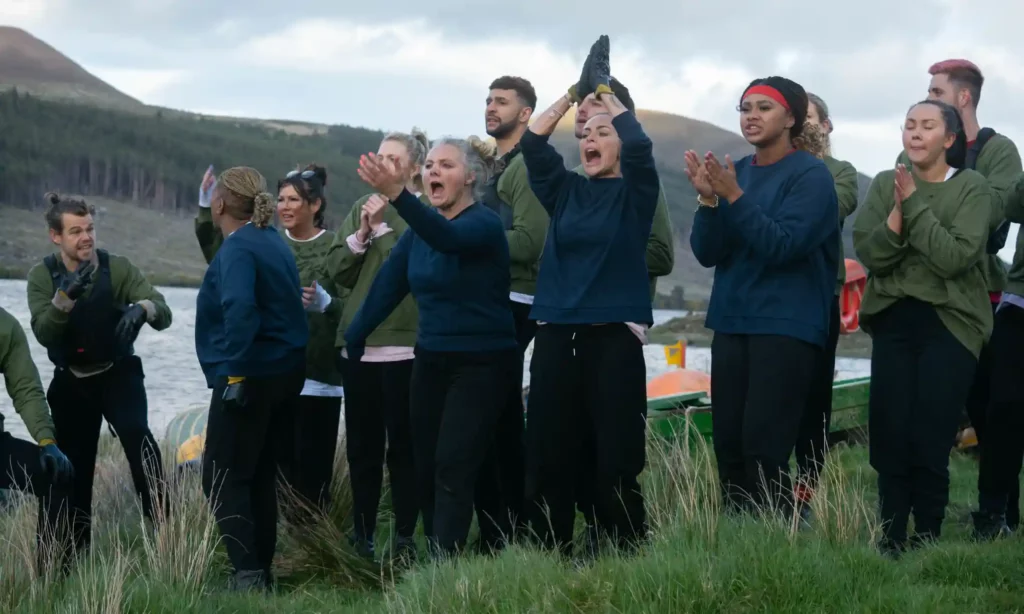
© The BBC
This unintentional ableism is upsetting in a light entertainment show but becomes much more of a problem when we realise that these same ‘deduction techniques’ can have many further-reaching consequences. For example, the massive popularity of True Crime has led to swathes of armchair detectives consuming the lives of others as entertainment. In 2021, Robert McCoy went viral on Tik Tok when a 19-second clip of him reacting to a surprise visit from his girlfriend was dissected by more than 60 million people, many of whom concluded that his body language in the clip proved that he was cheating on her. Writing for Slate, McCoy described ‘a [Tik Tok] user base increasingly hungry for content to analyze forensically.’
Major news organisations also use body language analysis on celebrities, most notably Megan Markle and Amber Heard, which claims to offer empirical proof to back spurious claims of deceitfulness; often, this is used to ‘justify’ racist and misogynist sentiment, and to demonise mental illness by armchair diagnosing personality disorders.
Of course, the most egregious misuse of body language analysis is not in the court of public opinion but within the legal system itself. Communications researcher Vincent Denault points out that, despite being described as inaccurate and pseudoscientific by many researchers, body language analysis is still used as evidence in criminal cases.
In keeping with The Traitors’ witch hunt aesthetic, Denault compares this to a trial by ordeal: testing the character of the accused, rather than the evidence. Additionally, police officers (particularly in the USA) are trained to use body language analysis to identify suspects, which plays into pre-existing biases and effectively criminalises divergent bodies and behaviours, with sometimes fatal consequences – according to Time Magazine, it is likely that between a third and a half of Americans killed by police have disabilities.
Everyone likes to think that they can spot a liar, but when the pressure is on and evidence gives way to assumption, disabled people suffer from the abled gaze’s lack of trust.
Entertainment
Peeling Back the Uniform: A Glimpse into the Life of a PCSO
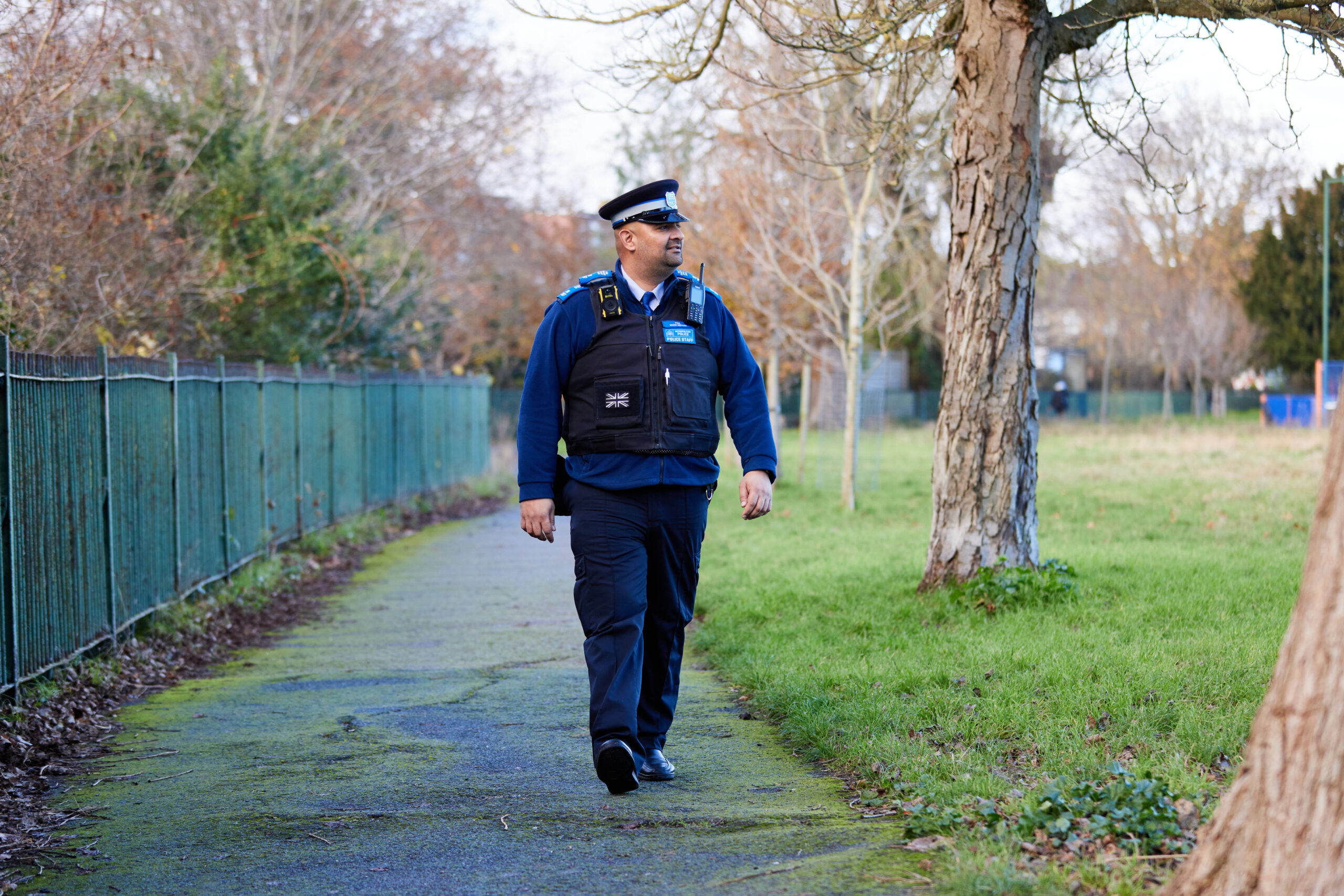
In a time when strengthening the bond between law enforcement and the communities they serve is more important than ever, initiatives like the campaign showcasing the lives of Police Community Support Officers (PCSOs) beyond their professional duties are truly inspiring. The United Kingdom’s policing landscape is filled with exciting opportunities, as officers like Nazim, a dedicated PCSO with the Metropolitan Police, adapt to the evolving and vibrant community dynamics shaped by immigration.
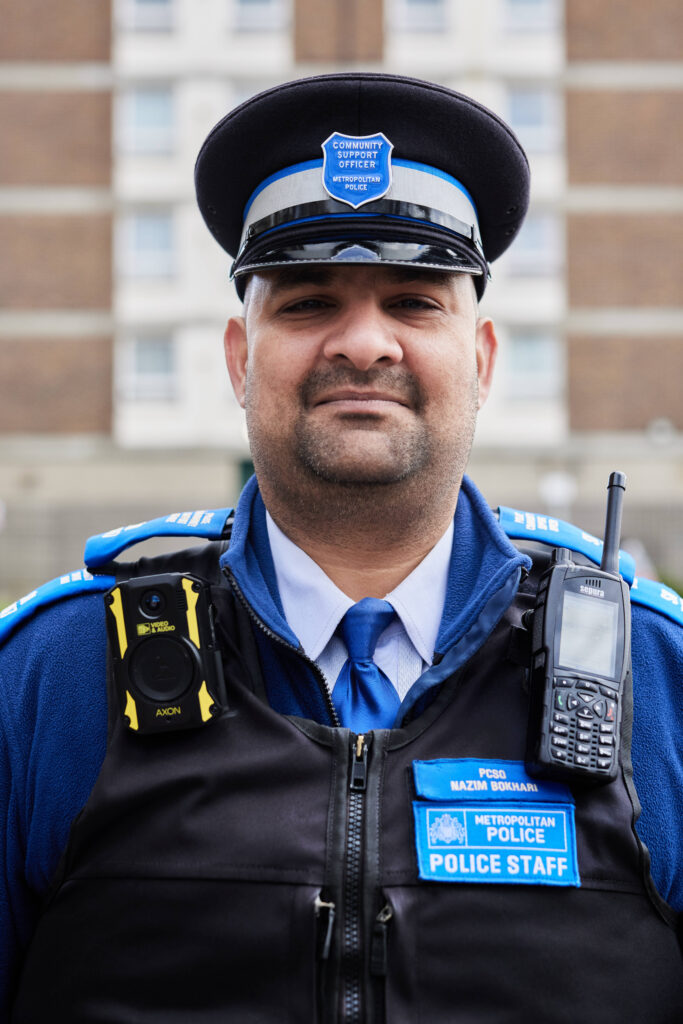
Nazim recently shared his story in an engaging and insightful interview, where he opened up about his motivations, challenges, and personal life. His journey into law enforcement is a reflection of the positive transformation within the UK’s policing sector. While budget limitations exist, officers like Nazim are proof of the creativity and dedication that fuel the profession, overcoming obstacles to make a meaningful impact.
Nazim’s choice to enter law enforcement was driven by a desire for both stability and a fulfilling career. With a background as a barista for over a decade, he sought a new path where he could truly make a difference in people’s lives. Becoming a Police Community Support Officer not only brought him career stability but also allowed him to positively impact his community every day.
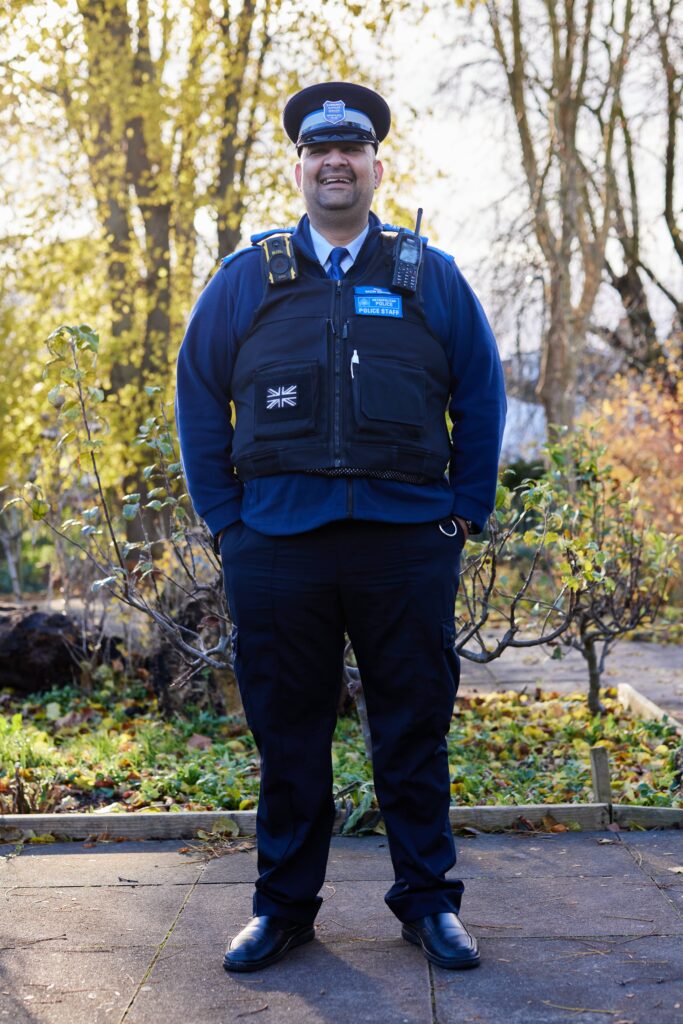
As a proud representative of his diverse community, particularly the Indian and Pakistani communities in London, Nazim stresses the importance of cultural understanding and effective communication. “It’s incredibly diverse. You need to represent people with a real understanding of their culture,” he explains. His role keeps him closely connected with the community, working hand-in-hand with neighbourhood police officers and other partners to prevent and detect crime, making a difference where it matters most.
Though his role comes with challenges, such as addressing anti-social behaviour to keep public spaces safe and welcoming for all, Nazim faces these with determination. He understands the significance of his work in fostering community safety and building trust. One of his most rewarding experiences was when his swift intervention saved a life. Discovering someone in distress, he acted quickly to ensure they received the care they needed—an inspiring example of how PCSOs contribute to the well-being of their communities.
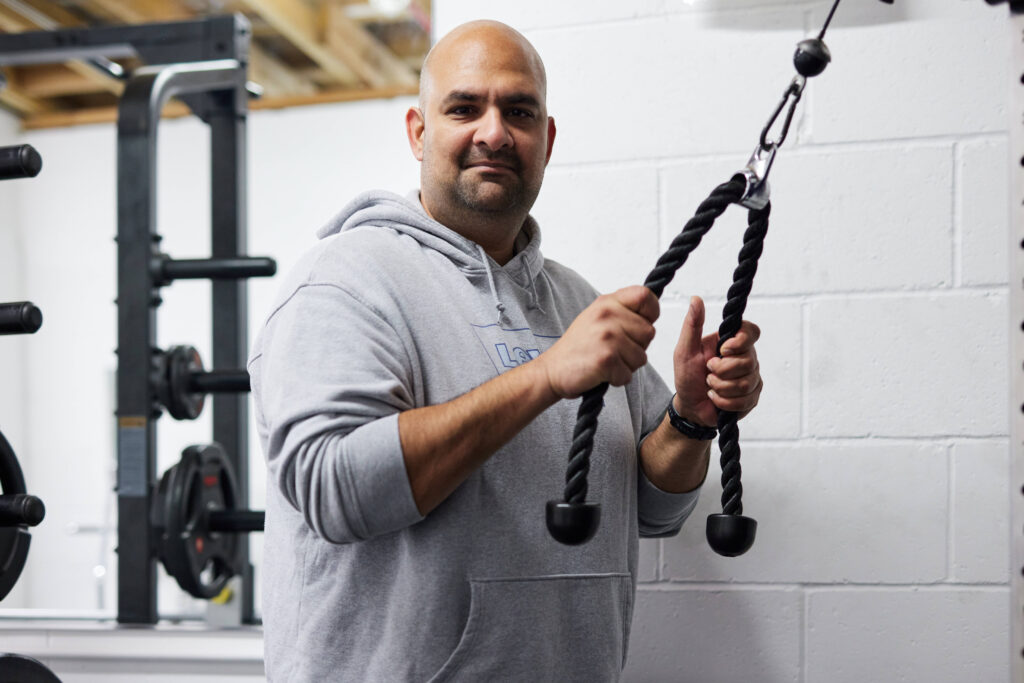
Nazim is passionate about the fulfilling aspects of his role, especially the everyday interactions with the people he serves. “We deal with the issues that really affect everyday life—neighbourhood concerns,” he says, highlighting the essential role PCSOs play in promoting public safety and strengthening community bonds.
When he’s not in uniform, Nazim finds peace and joy in his personal life, particularly through the simple pleasures of fatherhood. “Spending time with my 11-month-old baby is my way of relaxing,” he shares, underscoring the importance of work-life balance and the personal connections that ground him.
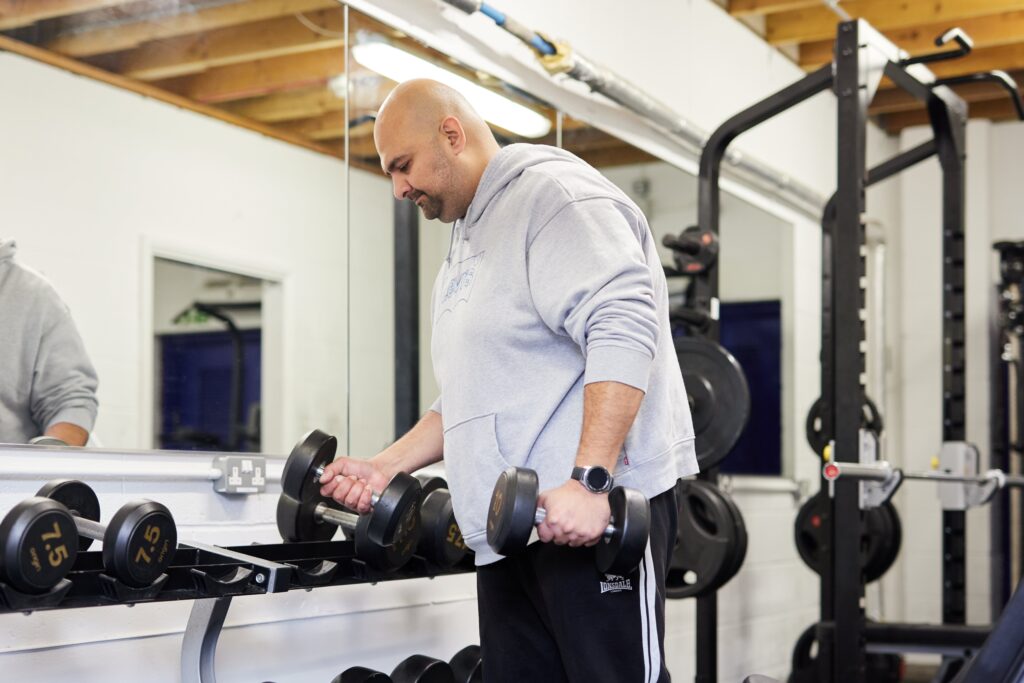
Nazim’s story beautifully captures the harmonious blend of his professional dedication and personal life, portraying him as both a compassionate officer and a devoted family man. His journey reminds us of the humanity behind the uniform—a heartwarming testament to how serving others not only strengthens communities but also nurtures the soul, bridging the gap between law enforcement and the people they serve.
Entertainment
11 Great Films and TV Series Featuring Prominent Disabled Characters
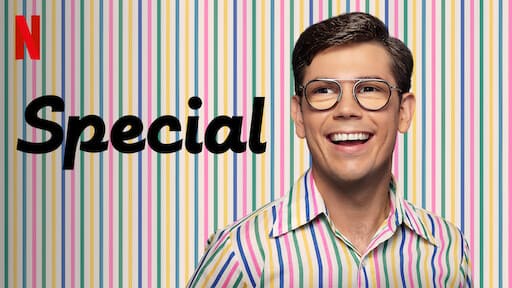
In the realm of film and television, representation matters more than ever. Stories featuring disabled characters not only provide visibility but also foster empathy and understanding. Here, we celebrate Eleven outstanding films and TV series that showcase prominent disabled characters, highlighting their journeys, struggles, and triumphs.
1. “The Theory of Everything” (2014)
Based on the life of renowned physicist Stephen Hawking, this biographical film beautifully portrays his battle with motor neuron disease. Eddie Redmayne’s Oscar-winning performance captures not only Hawking’s genius but also the emotional depth of living with a progressive disability. The film emphasizes love, resilience, and the challenges faced by those with disabilities.
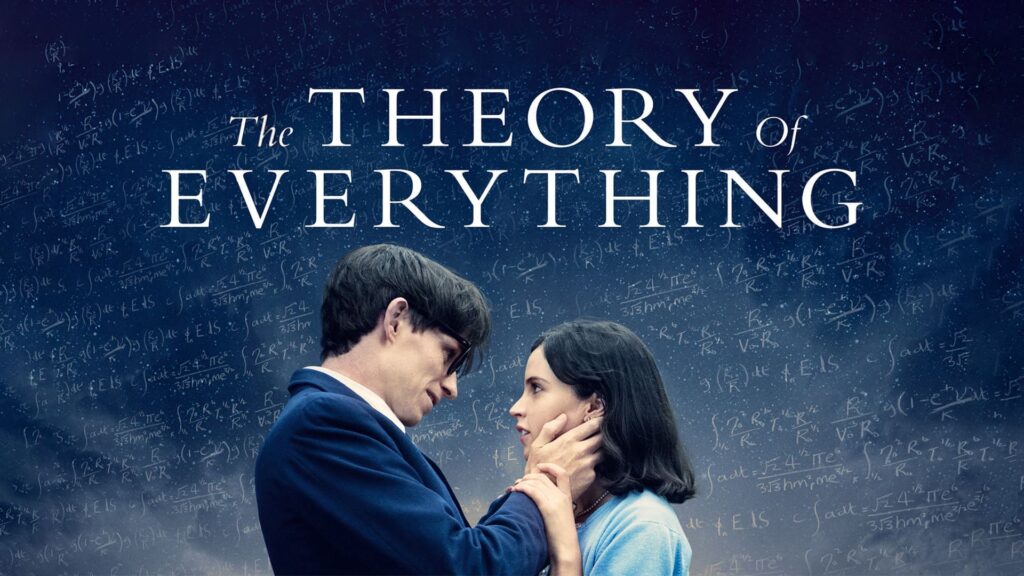
2. “Atypical” (2017-2021)
This Netflix series follows the life of an 18-year-old on the autism spectrum, Sam, as he navigates relationships and independence. “Atypical” offers a fresh perspective on autism, blending humor and heartfelt moments while showcasing the importance of family and acceptance.
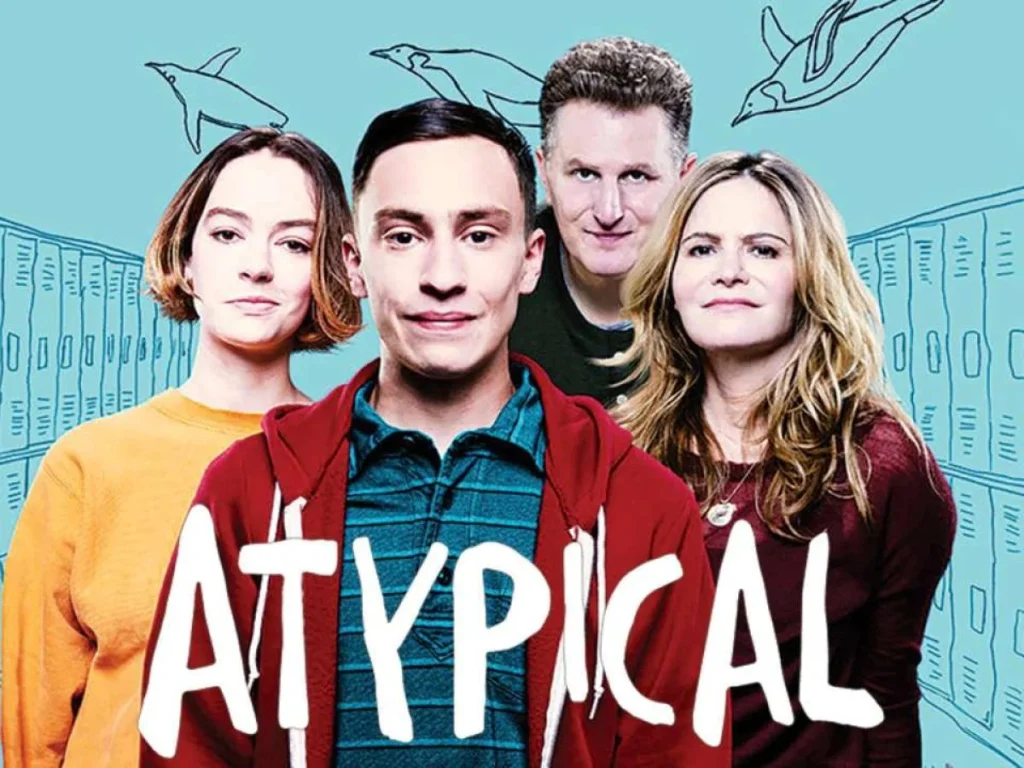
3. “Crip Camp: A Disability Revolution” (2020)
This documentary takes viewers to a summer camp for disabled teenagers in the 1970s, which became a catalyst for the disability rights movement. “Crip Camp” not only recounts personal stories but also emphasizes the importance of community and activism in the fight for equality.

4. “Champions” (2023)
This heartwarming sports comedy follows the journey of Marcus, a disgraced basketball coach ordered by the court to train a team of players with intellectual disabilities as community service. The film is a blend of humor and heartfelt moments, exploring themes of acceptance, growth, and the power of teamwork.
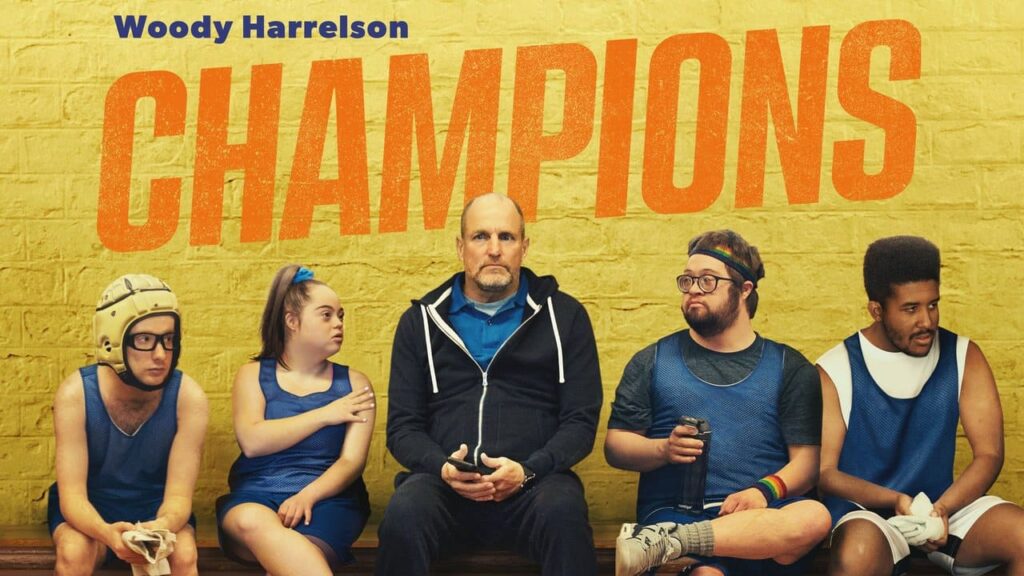
5. “Speechless” (2016-2019)
This comedy series centers on a family with a special needs child, focusing on the dynamics of parenting and the challenges they face. The show offers laughter and insight, portraying disability in a relatable and heartfelt manner while emphasizing the importance of love and support.

6. “A Quiet Place” (2018)
This groundbreaking horror film features a deaf character, played by Millicent Simmonds, who navigates a post-apocalyptic world. The film uses American Sign Language and highlights the strength and resilience of disabled individuals in the face of danger, redefining traditional horror narratives.
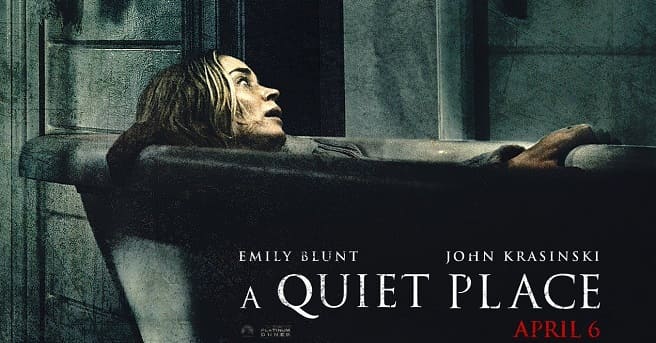
7. “Wonder” (2017)
Based on the bestselling novel, “Wonder” tells the story of Auggie Pullman, a boy with facial differences. The film beautifully captures themes of kindness, acceptance, and the importance of empathy, encouraging viewers to look beyond appearances and appreciate individual struggles.

8. “The Intouchables” (2011)
This French film tells the heartwarming story of an unlikely friendship between a wealthy quadriplegic man and his caregiver from a humble background. The film is a celebration of life, friendship, and the power of human connection, breaking down stereotypes about disability.
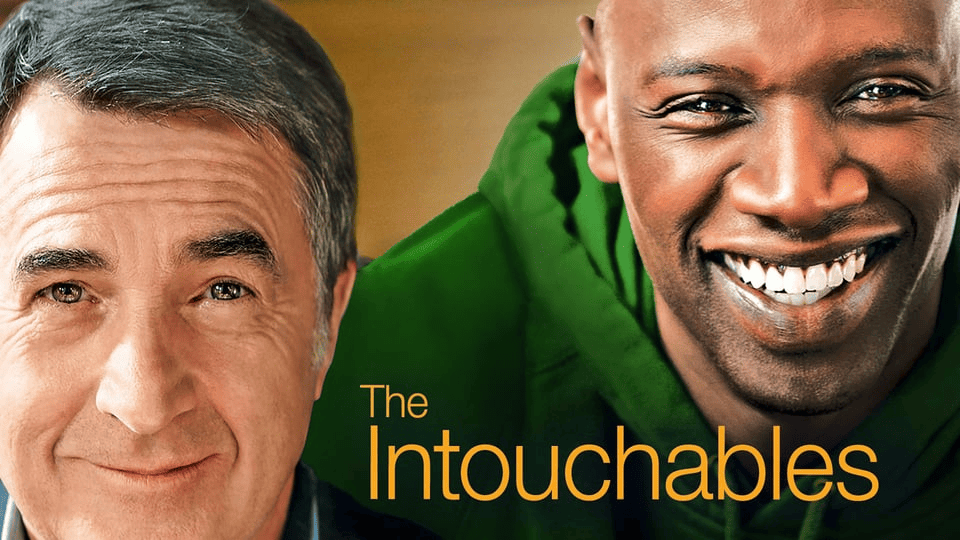
9. “Special” (2019-2021)
This groundbreaking series offers a refreshing and heartfelt portrayal of a gay man with cerebral palsy, based on the memoir of Ryan O’Connell, who also stars. “Special” invites viewers to laugh, cry, and reflect on the universal journey of finding one’s place in the world.

10. “The Fundamentals of Caring” (2016)
This indie film follows a caregiver who forms an unlikely bond with a teenager with muscular dystrophy. Their road trip adventure becomes a journey of self-discovery, reminding viewers of the importance of connection and understanding between individuals of different abilities.
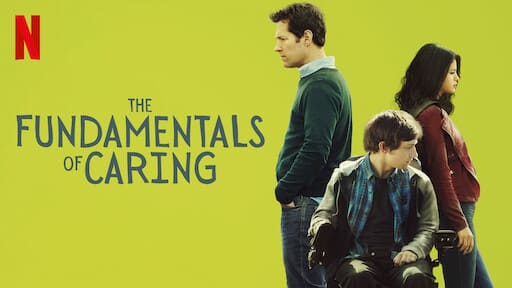
11. “Switched at Birth” (2011-2017)
This groundbreaking series features a deaf character, Daphne, and incorporates American Sign Language into its narrative. The show explores themes of identity, family, and the challenges faced by the deaf community, providing a platform for authentic representation.

Conclusion
These films and television series not only entertain but also enlighten audiences about the diverse experiences of disabled individuals. By showcasing their stories, we can foster greater understanding and empathy, paving the way for a more inclusive future in the entertainment industry. Celebrating the representation of disabled characters reminds us that everyone has a story worth telling.
Entertainment
Tory Leadership Hopefuls Fail to Address Disabled People’s Issues in Leadership Bids
The four candidates vying to become the next leader of the Conservative Party – Kemi Badenoch, James Cleverly, Robert Jenrick, and Tom Tugendhat – have overlooked key issues affecting disabled people in their leadership pitches. During speeches aimed at MPs and party members, none of the candidates made significant references to the barriers faced by disabled individuals.
Lack of Focus on Disability Issues
Despite touching on a variety of topics, such as cutting taxes, reducing migration, and defense, the candidates failed to discuss crucial matters related to disabled people, such as social care, accessible housing, transportation, or social security. While all four candidates briefly mentioned the NHS, no comprehensive plan to support disabled individuals was included in their speeches.
Jenrick’s Brief Welfare Mentions
Robert Jenrick referenced welfare twice in his speech, first claiming the Conservative Party had created a “fairer welfare system.” However, he then criticized the system, claiming it was part of the public sector that was “not working as it should.” Unfortunately, no specific mention was made of how these policies impact disabled individuals.
Attacks on Human Rights Laws
Both Badenoch and Jenrick criticized human rights laws during their pitches. Badenoch, in particular, pledged to reform the Equality Act and attacked “identity politics,” while Jenrick promised to abolish the Human Rights Act and leave the European Convention on Human Rights. Neither outlined how these actions would affect the rights of disabled people.
Cleverly and Tugendhat on Economic Focus
James Cleverly and Tom Tugendhat focused their speeches on the economy, promising to improve infrastructure, reduce childcare costs, and build more homes. Tugendhat emphasized reducing migration and fixing skills gaps but did not offer solutions for issues facing disabled individuals.
Conclusion
Despite various policy discussions, all four Tory leadership candidates ignored disabled people in their leadership pitches. As of today, none have provided any responses to requests for details on policies addressing disabled people’s needs.



